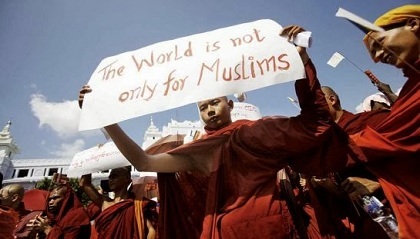In his article in the May 2015 issue of APSR, Evgeny Finkel makes a splash by arguing that exposure to “selective repression” (such as surveillance, beatings, arrests, and torture) helps dissidents to develop a robust skill set with which to maintain enduring resistance later on. He supports this argument with data from an unlikely case—Nazi repression against three Jewish ghettos during the Holocaust—and shows how operational skills (the “resister’s toolkit”) often develop as an indirect result of past exposure to state repression. These skills then help dissidents to remain active in resistance even when the state is engaging in widespread, indiscriminate, and severe repression. I’ll direct you to Finkel’s article for more detail on the argument, data, and findings.
![Suffragette Emmeline Pankhurst being arrested after protesting in London [1907-1914]. Via the National Archive of the Netherlands.](http://blogs.prio.org/wp-content/uploads/2015/06/pankhurst-292x399.jpg)
Suffragette Emmeline Pankhurst being arrested after protesting in London [1907-1914]. Via the National Archive of the Netherlands.
- “establishing secure communications channels;
- procuring weapons without being detected by government agents;
- maintaining well-hidden meeting places and munitions cashes;
- producing high-quality forged identification documents; and
- being able to identify and neutralize informers and government agents trying to infiltrate the organization” (341).
These all make sense from an operational perspective. Intuitively, maintaining organizational viability would be a necessary (but insufficient) condition for sustained rebellion. The key insight, I think, is that Finkel views these skills as learned. People can teach, experience, develop, perfect, and sustain them.
If that’s true for violent resistance, maybe it’s true for nonviolent resistance as well.
Read More
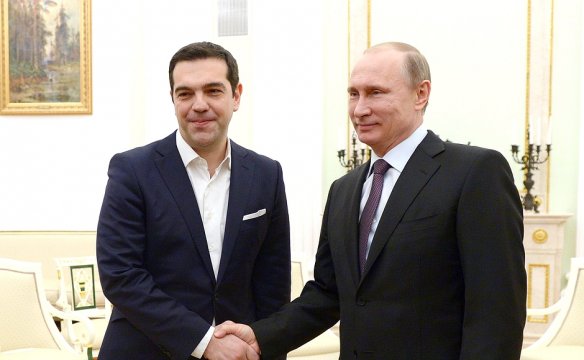
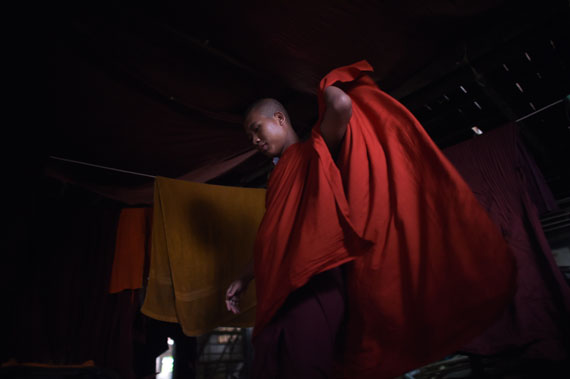
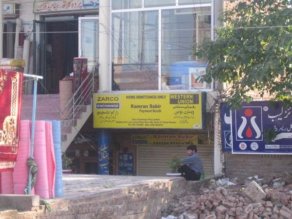
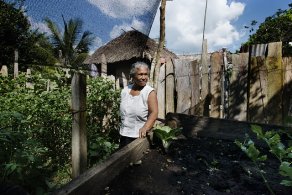
![Suffragette Emmeline Pankhurst being arrested after protesting in London [1907-1914]. Via the National Archive of the Netherlands.](http://blogs.prio.org/wp-content/uploads/2015/06/pankhurst-292x399.jpg)
